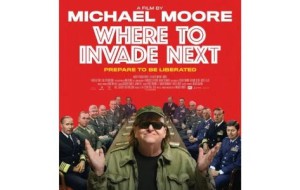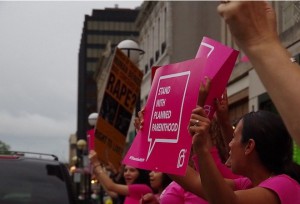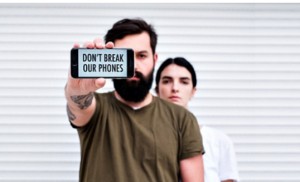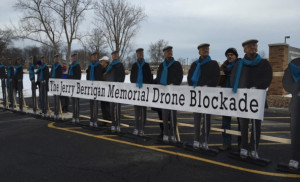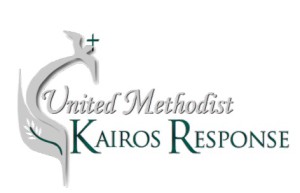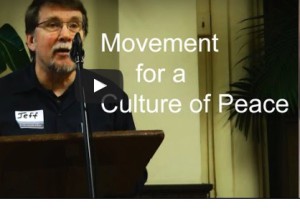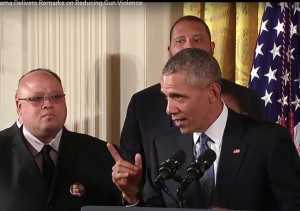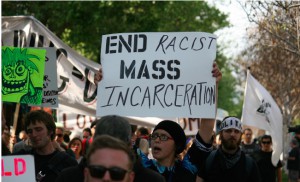DISARMAMENT & SECURITY .
An article from the War Resisters Support Campaign
Following the federal election, there is hope that there can finally be a positive and speedy resolution to the cases of U.S. Iraq War resisters. Your help is needed to make sure they are allowed to stay in Canada. Watch our new video below and then take a moment to write a letter to your MP in support of war resisters. For more information, see our backgrounder on the situation of U.S. Iraq War Resisters in Canada.
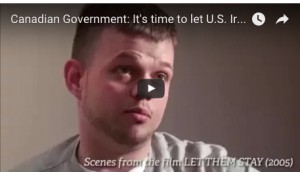
Video for campaign
Canadians voted for change and expect the new government to do the right thing and let the war resisters stay. It was the strong response of Canadians that has kept most U.S. war resisters in Canada – and out of U.S. military prison – for the past ten years.
U.S. Iraq War resisters have lived through a decade of unfair political interference in their cases by the previous Conservative government. Some were deported by the Harper government, and received harsh jail sentences in the U.S. for opposing the illegal and immoral invasion of Iraq.
The new government should immediately heed the will of the majority of Canadians and stop any and all actions against U.S. war resisters, including halting the litigation against U.S. war resisters, as this litigation defends policies and decisions made by the previous Conservative government.
How you can help
1) Write a Letter to Prime Minister Justin Trudeau:
The Right Honourable Justin Trudeau
Prime Minister of Canada
Office of the Prime Minister
Langevin Block
80 Wellington Street
Ottawa, Ontario
K1A 0A2
2) Call, e-mail and write to your Member of Parliament:
To send a letter: address it to your MP, and send to House of Commons, Ottawa, Ontario K1A 0A6
To find out your MP’s email and phone number, you can email info@parl.gc.ca
or call toll-free (Canada): 1 (866) 599-4999.
MP contact details will be up shortly at www.parl.gc.ca, under ‘Members of Parliament’.
Key points to mention:
• Resolve this issue swiftly as part of the change promised by the new government
• It is time to fix this issue – end over 10 years of unfair and unjust legal and political actions by the Harper government
• Stop the deportations
• Stop pursuing war resister cases in court, as doing so defends decisions and policies made by the former Conservative government
• Rescind Operational Bulletin 202
• Implement a new Operational Bulletin that restores fairness for all war resister cases and reverses the harm done
3) Donate to the War Resisters Support Campaign
4) Please join and follow us – and share us on Social Media:
Facebook
Twitter
YouTube
(Thank you to Janet Hudgins, the CPNN reporter for this article.)
